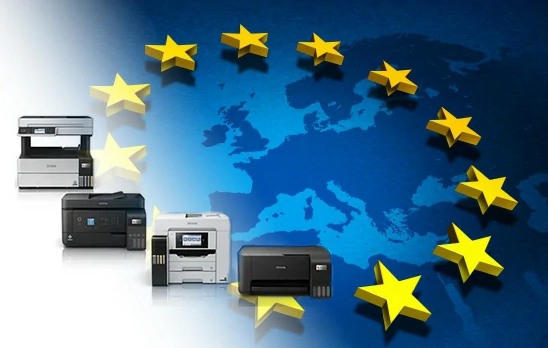
Epson has officially ended laser printer sales in Europe, marking a major milestone in its global strategy to fully transition to inkjet technology by 2026. Initially planned for a phase-out, the plan has been completed two years ahead of schedule, highlighting Epson's commitment to sustainability and innovation.
Epson's decision to suspend the production of laser printers reflects its commitment to reducing environmental impact. Traditional laser printers rely on a high-heat process, resulting in high energy consumption and increased CO2 emissions. In contrast, Epson's heatless inkjet technology uses piezoelectric crystals to eject
epson ink, avoiding the need for heat and reducing energy consumption by up to 85%. The transition is expected to save more than 2,240 GWh of electricity power per year, equivalent to 1.3 million metric tons of CO2 - the equivalent of removing 280,000 cars emission for a year.
The transition to heatless inkjet technology follows the huge success of Epson's EcoTank printers, launched in 2010 as an alternative to traditional cartridge systems. These printers feature
refill ink cartridges to minimize waste and reduce operating costs. EcoTank series printers are popular for their affordability and sustainability, especially in emerging markets. Global sales exceed 100 million units in 170 countries by October 2024, solidifying Epson's leadership in the sustainable printing solutions market.
Epson's proactive attitude reflects the growing demand for environmentally friendly products, making it a leader in sustainable printing machines. With the industry development, Epson's innovations set the benchmark for energy efficiency, waste reduction and operational excellence.
 Dec 09,2024
Dec 09,2024









